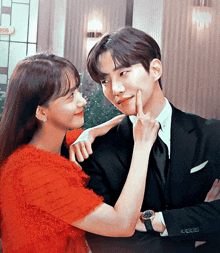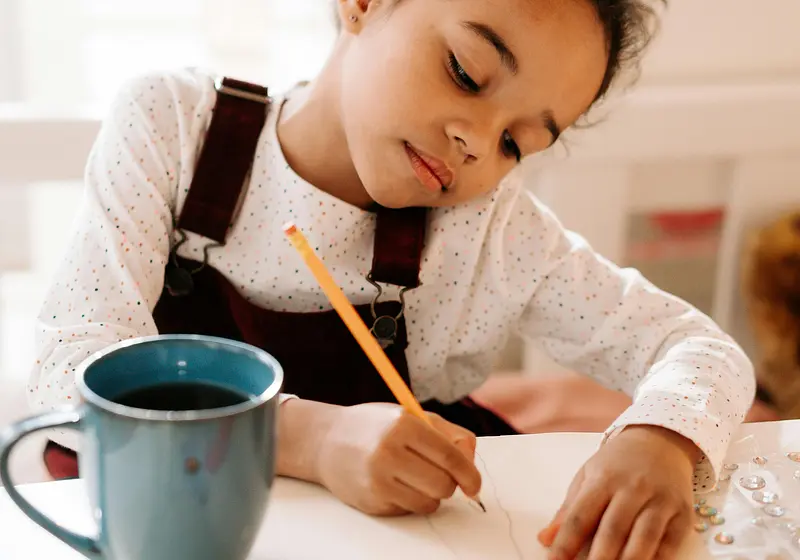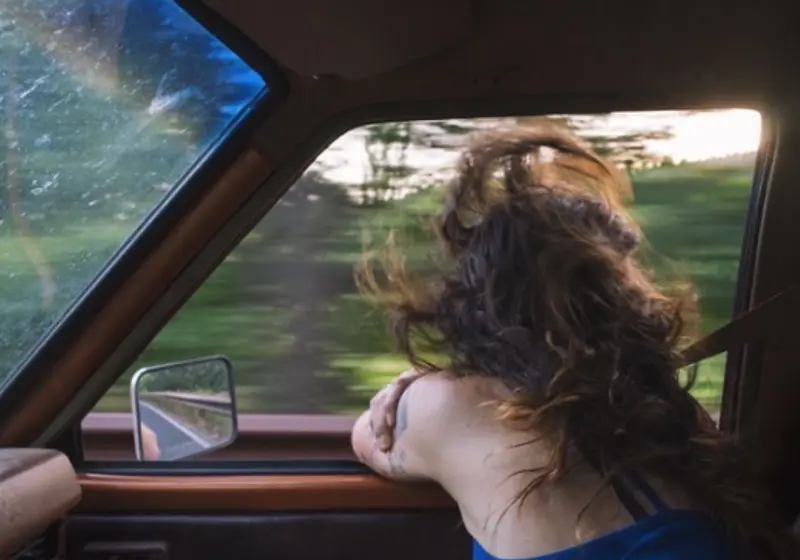The Little Prince is an easy book to read—a third grader could read it on their own—but its lessons are difficult, capturing the struggles of learning to be a grown up in a complex world. If you’ve read The Little Prince before, and you think it’s “just a children's book,” then you might not be as grown up as you think. Though I am a legal adult, I can tell you this book taught me significant lessons about what it means to be grown up and how the process is painful but beautiful.
The book shows how anyone can be an adult, but few people are grown up. To be a true grown up, you have to learn how the world makes you forget your authentic self. Then you must undergo the process of learning how to be that authentic self. That is the difficult journey of the story's protagonist, the Little Prince.
In the story, the Little Prince believes he is the most unique being in the universe, so he travels to other planets to prove that he’s special. But by leaving the conditions that supported the false story of his identity, he realizes that the familiar environment he feels safe inside of might just be an egotistical wish; an illusion, not reality.
Most of us automatically assume that we are the only unique and precious person, and our environment encourages this view of being the center of everyone's attention. As teens, we are protected from our parents' view of who we are. From the view of the people who love us, we are always the best scholars, athletes, musicians, or any other best versions of ourselves.
This is sweet. But is it really so?
By leaving his comfort zone, the Little Prince learns that he is not the best or most special at everything. This turns out to be the path that allows him to acknowledge the reality of who he really is. At first, it was disappointing.
He does not like having to deal with others. But his perception of himself in the world eventually changes for the better. The Little Prince teaches us that the first step to entering the journey of being a grown up is to put ourselves in unfamiliar areas outside of our safety zone.
Then we will realize that we are rarely the people who we think that we are. This lesson is learned by looking at who we might become.
In the story, the Little Prince meets three characters who are like so many adults that we, as teens, swear we will not become when we grow up: the king, the merchant, and the lamplighter. These people definitely aren’t our role models, but the reality is that we often gradually become them.
The King seeks power. Once the Little Prince steps on his planet, he starts giving out orders, regardless of what the Little Prince feels. That’s why he has always been alone before the Little Prince arrives.
For the King, his world can only hold order and power. Sometimes we are the King, the boss, slaves to power. There are moments when we are motivated by power and enjoy others’ obedience.
The merchant seeks wealth. In his mind, only earning money and buying stars as value. This is the cycle he has been in forever. In other words, he wasted his life doing the same mechanical thing, counting stars, and losing everything else.
The lamplighter seeks nothing. All he does is to make sure that the lamp is lit. He represents the majority in society, someone without power or wealth, one of the world's gears.
That is why the second step is to “become” the person we absolutely do not want to be. There must be a moment during which we “become” these characters, that is, we accept that we are slaves to power, that we think money can give us everything, and that we are already the walking dead, like the lamplighter. The reality is that these qualities are already a part of us all.
Most teens would object to being told that they are the king, the merchant, or the lamplighter because they only see adults as those characters. The world teens live in helps to hide the fact that these traits are inside us, too, but untested. When tested, the Little Prince learns to accept the person he does not want to be: a person who is more like other people.
But in becoming what he was afraid to be, he finds his authentic self. By accepting all the things you might not like about yourself, you can change that. I know this isn’t easy.
Before we enter adulthood, we have such strong expectations of what we want to become, often a combination of ambition and altruistic intention. Take me for example: The dream of my life is to build an international research institute for cancer. When this idea first came to me, I was so proud of myself and made a seemingly perfect plan to achieve this goal.
I thought about getting an MBA at one of the Ivy League colleges, finding a well-paid job, starting my own business, and investing all my money in philanthropy and this cancer institute in my mid-40s. But when I made all these plans, I forgot that I was 16.
Now, I’m 18. I haven’t really entered the world yet, but the Little Prince’s experience predicts what could happen in my future.
Maybe I will be so influenced by the world, including the temptations of power, wealth, and endless obedience, that I might not remember this cancer institute at all. If I forget, if my dream is buried deep in the corner of my heart, then I will have to accept that I became like the king, the merchant, and the lamplighter. Although this may not happen, the story of the Little Prince shows that it somehow will. Confronting our disconnection from our true self is inevitable, but also solvable, because this is the process of becoming a grown-up.
The Little Prince teaches us that becoming who we want to be requires finding out who we really are. The meaning of our existence is often hidden under an appearance in which our eyes cannot perceive it. The Little Prince teaches us that it is our heart and faith that help us see clearly.
Our authentic self, which we want to become, is what gives our life meaning. When seeking the true things about ourselves, we feel our life has meaning. But in the process of getting to the truth, there are many superficial things that can tempt us away from significance, so we feel lost.
That is why being a grown-up is being a child. The child is not affected by the world the way an adult is. When a child considers his path, they disregard the world of adult values and grow up into their true self.
A child knows what is most meaningful, significant, and important: their authentic self. And they will accept any journey, no matter how difficult, to arrive at a destination that is so worth it.


















.jpg)